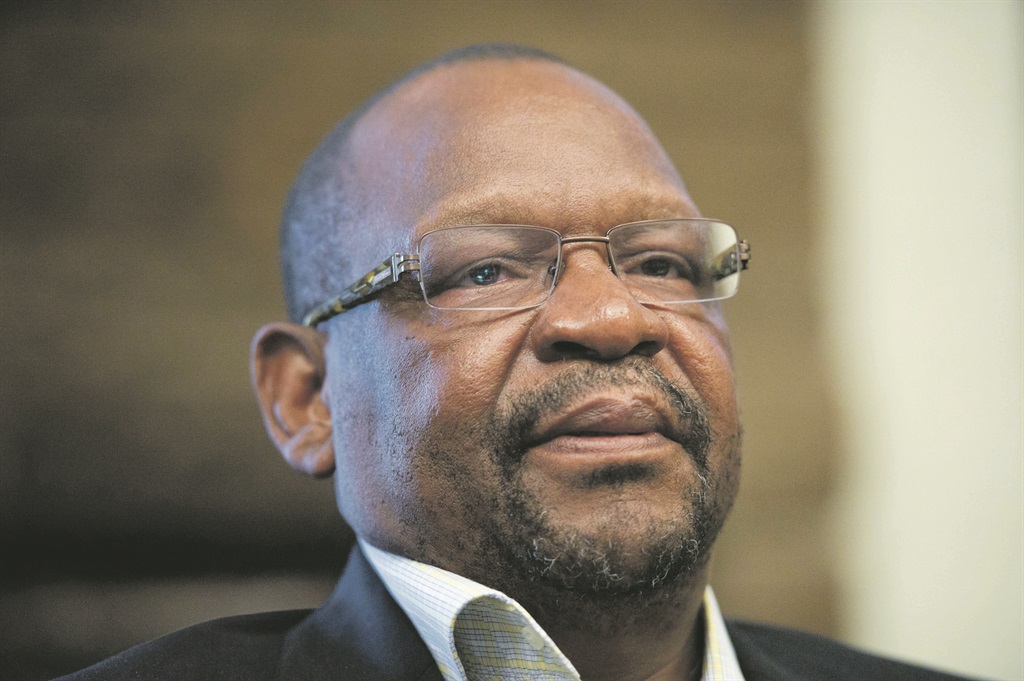
MPs allegedly told a researcher to ask older, rural women how children should be raised
Civil society groups and labour federation Cosatu have criticised the way Parliament has presided over public hearings on the Traditional Courts Bill, which began on Tuesday.
Stakeholders voiced concerns about the character of the bill the committee will produce, after MPs allegedly belittled presenters who supported new changes to the legislation.
These include a clause that will allow people who don’t want to subscribe to the traditional courts system to opt out.
Critics, however, felt that, overall, the bill still gives too much power to traditional leaders.
In an unusual move this week, justice committee chairperson Mathole Motshekga allowed traditional leaders who attended the hearings on Tuesday and Wednesday to question, and even rubbish, submissions from other presenters.
Motshekga referred to traditional leaders who attended, including Inkosi Sipho Mahlangu, the chairperson of the National House of Traditional Leaders, as “distinguished participants”.
Cosatu’s parliamentary coordinator, Matthew Parks, has made several submissions to parliamentary processes over the years.
“The ANC members were rude and condescending and rubbishing presentations, belittling women, especially those who are young and not married,” he said.
In his view, MPs’ remarks had racial undertones and suggested that non-blacks did not understand these matters and that they and traditional leaders are the sole owners of such knowledge.
Motshekga denied bullying anyone and said while MPs may have come across as harsh, they were merely being robust.
Parks said it was “quite alarming that MPs allowed chiefs to interrogate and rubbish all other presenters’ submissions”.
A researcher at the Land and Accountability Research Centre, at the University of Cape Town (UCT), expressed his disappointment at way committee members treated some of the presenters.
“It is the first time the research centre witnessed presenters in a public hearing being cross-questioned by attendees who are not members of Parliament,” said Thiyane Duda.
He accused Motshekga, the committee and the traditional leaders of bullying, belittling and dismissing presenters who were critical of the bill.
Committee members did not consider the merit of submissions presenters made, their established contributions and wide networks.
Instead, they asked discriminatory and dismissive questions about whether they live in rural areas or have done research in traditional courts, said Duda.
Motshekga told Zita Hansungule, a senior project coordinator at the Centre for Child Law, to ask older, rural women how to raise children.
Hansungule had endorsed a submission by the UCT centre that corporal punishment, banishment and cruel, inhumane and degrading punishment of children should explicitly be excluded from permissible orders listed in the bill.
She made a joint submission with the Children’s Institute at UCT and welcomed traditional courts as spaces for restorative justice, especially in cases where they could avoid detention of children accused of crimes.
She proposed that traditional courts should take into account the guiding principles set out in the Child Justice Act, including a provision on ages of criminal capacity.
In a joint statement, the Centre for Child Law and the Children’s Institute said they were extremely disappointed by the “shocking” treatment Hansungule, and the institute’s senior researcher, Stefanie Röhrs, received.
They said that their submissions made were based on both organisations’ many years of experience and research in the area of the protection and affirmation of children’s rights in the country.
Centre for Child Law deputy director Karabo Ozah said: “The committee chose not to engage with the merits of the submissions produced as a result of the collective experience of the centre and the institute, and instead made personal attacks on our representatives because they were young and ‘non-South Africans’.
“This was uncalled for and unexpected from members of Parliament, a South African institution that should be respectful in the manner in which it engages with submissions and information brought before it by members of the public,” she added.
Motshekga said MPs on the committee come from these communities, know what happens there and will respond to those who have not been there.
“We didn’t bully anybody. I know the people you are talking about; some young girls from the children’s centre,” he told City Press.
He said presenters came with “book knowledge” and no empirical research. He singled out Hansungule and said she “is a foreigner, based in Pretoria and has never been to a township or an institution for juvenile children”.
Cosatu’s Parks said they were opposed to the previous drafts of the bill. They felt it gave too much power to traditional leaders – at the expense of creating one country with one judicial system and of advancing the rights of women and other vulnerable persons in particular.
While noting “progressive” changes in the new bill, the labour federation said it is generally not keen on traditional courts or expanding their role. Parks said they are wary of diluting the role of the judiciary throughout the country.
Because Cosatu recognises the reality of traditional courts, it proposes that the bill be amended to compel the clerks of courts to inform the accused of their right to opt out of a traditional court and to have the matter referred to a court of their choice.
Cosatu raised concerns that provision is made for traditional courts to make recommendations about matters relating to ukuthwala, a practice that is not legal or provided for in law.
The public hearings continue on Tuesday, with presentations from traditional leaders.
TALK TO US
What are your views on the behaviour of the MPs?
SMS us on 35697 using the keyword CLAUSE and tell us what you think. Please include your name and province. SMSes cost R1.50




 Publications
Publications
 Partners
Partners








